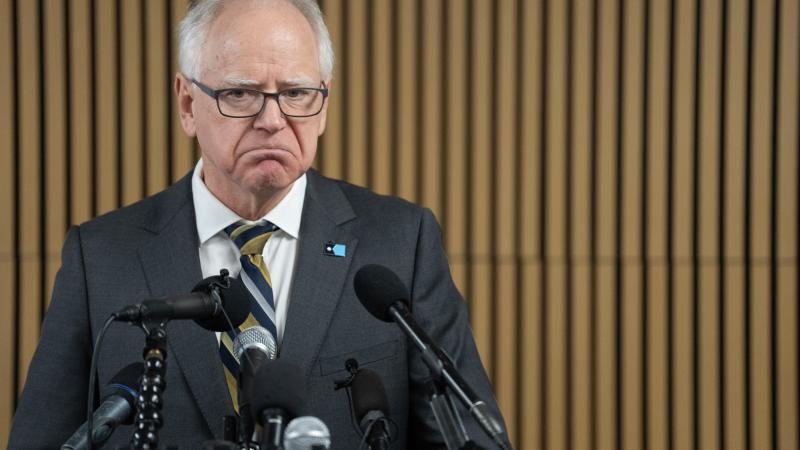Indiana governor signs bill requiring paper backup for all voting machines by 2024
Indiana counties use four different voting machines – MicroVote, ES&S, Unisyn and Hart InterCivic.
Indiana Gov. Eric Holcomb signed a bill recently that requires all counties using MicroVote voting machines to have a paper trail before the next presidential election in 2024.
More than half of the counties in Indiana now use MicroVote voting machines – machines that have no paper record showing votes cast, making it impossible for election workers or outside officials to do a risk-limiting audit following an election, or to recount votes in the event of a close election or a legal contest.
The new law requires counties using MicroVote machines to have external printers for all of these machines by July 1, 2024 – printers called vvpats, for voter verified paper audit trail.
Before the bill being signed this week, counties had until December 2029 under state law to either replace their MicroVote voting machines or buy vvpats for all of them.
The vvpats attach to the voting machines and record votes on a roll of thermal paper that stays inside the machine, similar to an internal cash register tape. Voters are to verify their votes by looking through a clear glass or plastic window on the voting machine after voting to see the selections on the paper match the candidate selections they just made.
At a hearing before the Senate Appropriations Committee on Feb. 24, Barbara Tully, of Indiana Vote by Mail, testified in opposition to vvpats, saying the entire voting rights community opposes vvpats and they are “troublesome for a number of reasons” – including that the thermal paper can smudge easily and unlike actual paper ballots, they are difficult to use in an election audit.
“Let’s just go back to the basics, and go to hand-marked paper ballots,” she said. “It makes the most sense. It’s the cheapest thing to do and it’s the thing that’s going to make our elections in Indiana trusted by voters and restore confidence…to keep confidence high.”
Of Indiana's 92 counties, 59 are using the MicroVote machines, Tully said.
Another call to return to paper ballots came on the House floor when Rep. Curt Nisly, R-Milford, offered an amendment to scrap all use of voting machines for two years and use paper ballots statewide, with the state using that two-year period to decide on the safest, most secure way to vote going forward. The amendment was defeated.
“There are definitely people who are thinking that elections could work just as well with just plain paper,” Nisly said this week.
Nisly, the owner of a computer company, said he began to realize that the expense and issues with the machines don’t seem to justify the convenience.
“There’s lots of issues with machines you don’t have in paper,” he said, “and the biggest thing is trust in the system.”
There was no wide-ranging discussion about election integrity in the Indiana General Assembly this year or last year and no talk about what voting machines are most and least secure, and what path Indiana may want to take going forward to ensure that votes are counted accurately.
“In the legislature, there’s been very little talk,” said Nisly. "Around the state, there’s been a lot of talk. I hear from people all around the state extremely passionate about this.”
Indiana counties use four different voting machines – MicroVote, ES&S, Unisyn and Hart InterCivic.
The MicroVote machines are used in several of the most populous counties in the state, including Allen, Boone, Hamilton, Hendricks, Johnson, Lake and Tippecanoe. Marion County uses ES&S machines while St. Joseph and Vanderburgh use Unisyn machines and Elkhart County uses ES&S.
Under the new law, counties that use the MicroVote machines must have vvpat printers for all voting machines by July 1, 2024, with the state or federal government supplying money to buy them.
Counties will also be required to use the vvpats they already have in the 2022 general election. According to a report of the Indiana General Assembly’s fiscal analyst, all counties that use the MicroVote machines have vvpats for at least 10% of all voting machines.
Secretary of State Holli Sullivan's office did not return a call seeking clarification on the requirements of the new law and the security of the vvpats.














